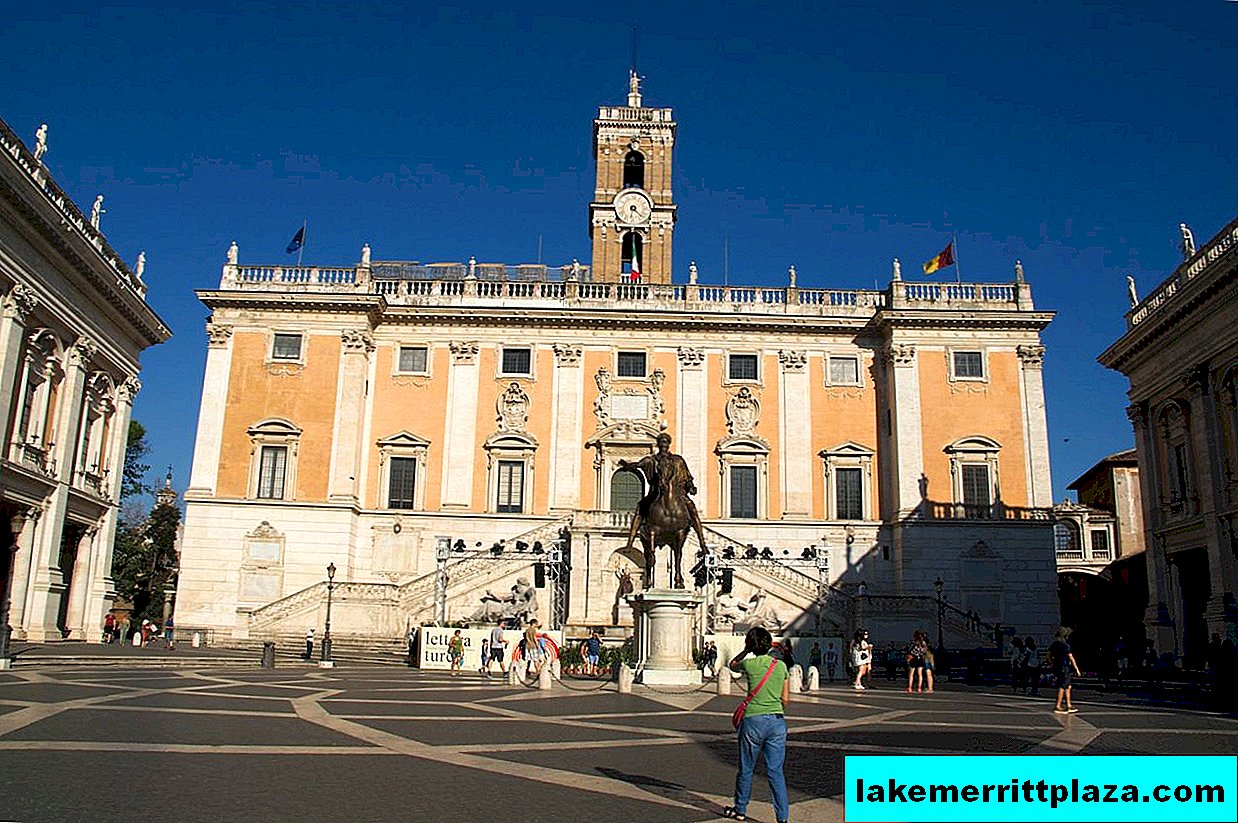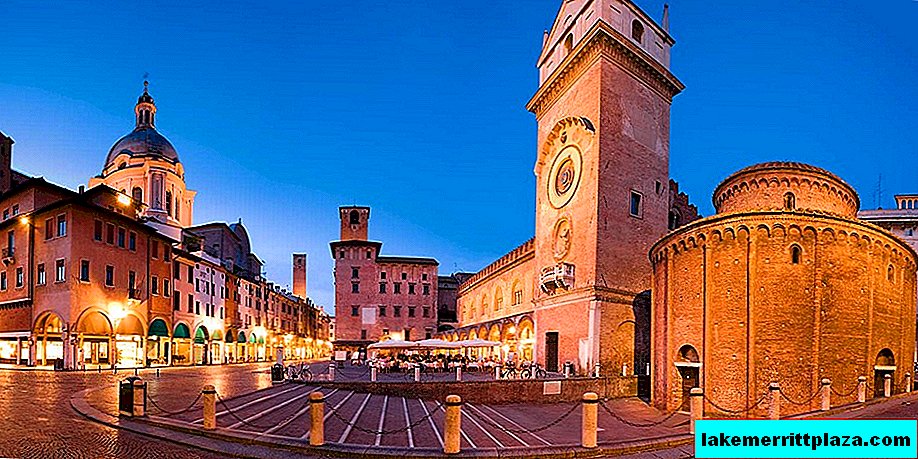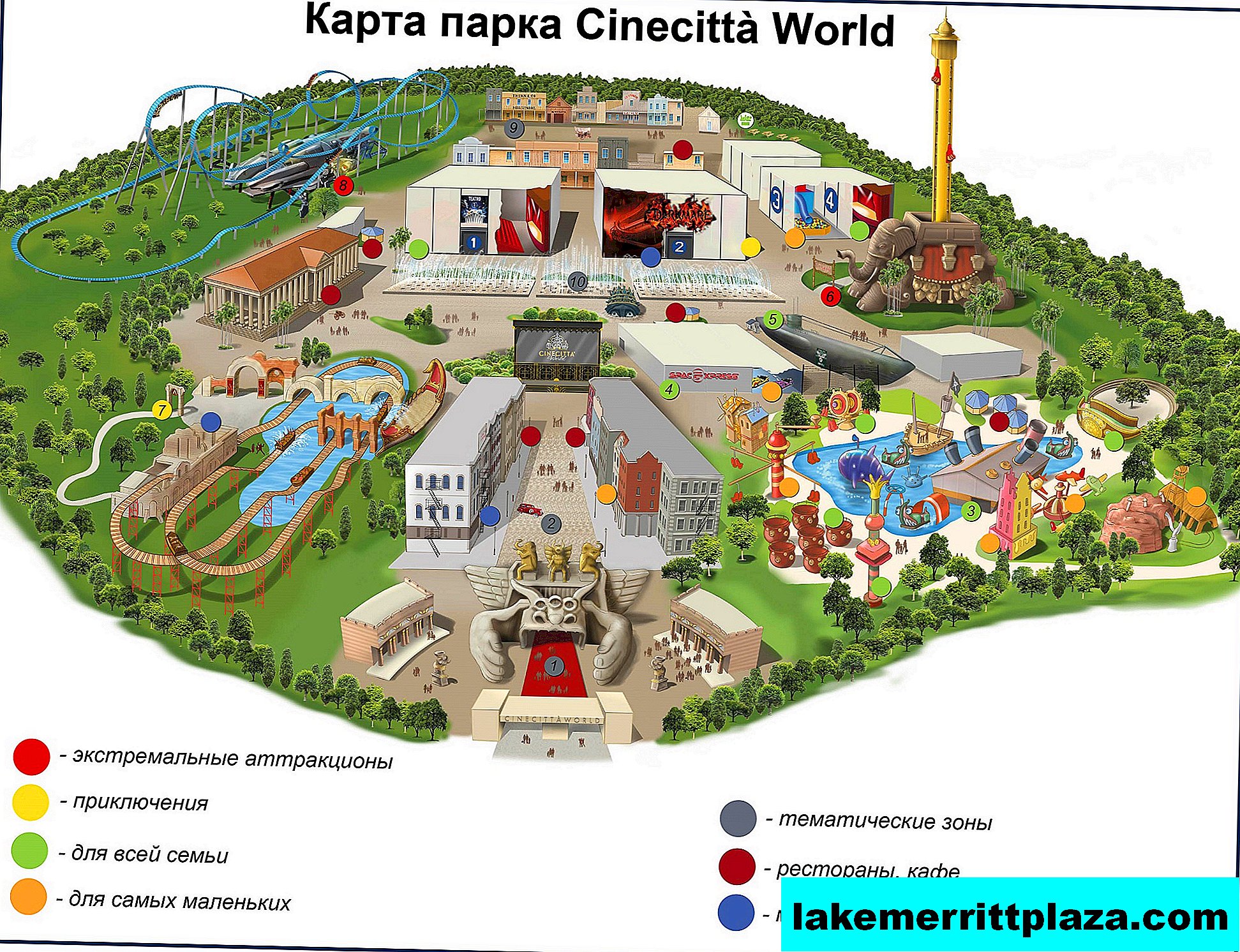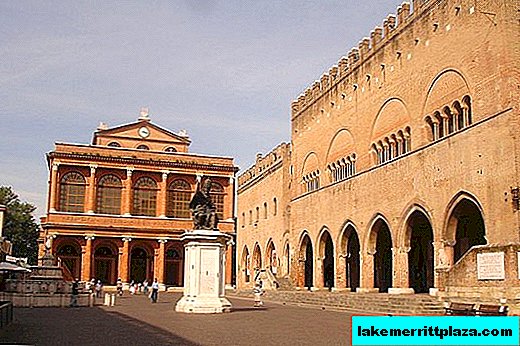Today we will tell you about a classic Italian wedding. Nicola and Christiana got married in the city of Faenza, in the province of Ravenna, which is located about 50 kilometers southeast of Bologna. This small city with a population of about 57 thousand people is famous for its ceramic products and for giving the name to faience. This quiet, cozy place is not so spoiled by tourist attention as, for example, Rome or Venice. Although the most famous Italian tile is produced here, we will talk about it some other time.

It was a hot sunny day at the end of September, after a week of rains of bad weather, completely atypical for sunny Italy!

Nicola is probably the most sociable of the grooms we met. On the morning of the wedding day, he called a large crowd of friends and relatives to his house to start celebrating in the morning. Although, of course, it was obvious and noticeable that he was a little worried.

Christiana decided to spend this morning more restrained in the company of mom and dad. And like a real Italian bride, her father brought her to the altar.

It is worth noting Christian Pronovias gorgeous lace wedding dress and shoes from the fashion designer brand Miu-Miu - obviously, very cool!

The ceremony was held in the Duomo di Faenza Cathedral, built in the early 16th century, which is located in the historical part of the city. Of course, Italians approach the wedding ceremony very responsibly. Nicola felt the feelings of his beloved and always tried to support her with a smile at such a crucial moment.

It is worth noting that Italian priests are mostly positive, open people, and even during such an important event, a pastor like a real Italian man managed to compliment his bride and defuse the excitement of young people as a joke.

Of course, the most important ritual is the exchange of wedding rings. From this moment, fates intertwine, the couple becomes one, a new family is born.

At the end of the ceremony, the young people stay for a few minutes with the holy father, who gives them a parting word and wise advice about family life.

After the ceremony and the traditional seedling of young grain in Italy, we moved to the Relais Villa Abbondanzi villa near the center. This chic 4-star villa hotel is located in the heart of a large green park. Immediately after the solemn speech of the young and a small aperitif, we arranged a photo shoot there.

We always advise the bride and groom during the walk to forget about the presence of the photographer and always try to conduct our photo shoots with lovers in a relaxed manner. This is the only way to get cute, spontaneous and natural photos.
To design the wedding, Christiana chose solutions in white colors, everything combined very harmoniously: a bouquet of white flowers, the same as a boutonniere and a wedding table for dinner.

The gala dinner was held in a beautiful white gazebo in the park, and short meals were alternated by dancing and live music.

Toward evening, when the air cooled slightly, one could hear crickets that perfectly complemented the atmosphere of this holiday. It's time to cut the wedding cake. The wedding cake itself - a masterpiece of Italian cooking - was made in the form of ancient Roman columns.

Traditionally, at every real Italian wedding, dances continue well after midnight, and this evening was no exception. One authentic tradition is worth mentioning in particular. At a certain moment of the wedding, most often in the second half of the celebration, the young guests take them in their arms and carry them around the hall, and they in turn kiss. This very gentle and unusual sight always causes tears of joy.

For us, this wonderful couple became friends, and many of our future brides who are looking for something glamorous are still inspired by her wonderful wedding attributes.

Authors text and photo creative duet professional wedding photographersFrancesca guadagniniand Tommaso tani Studio www.studiomagenta.it








